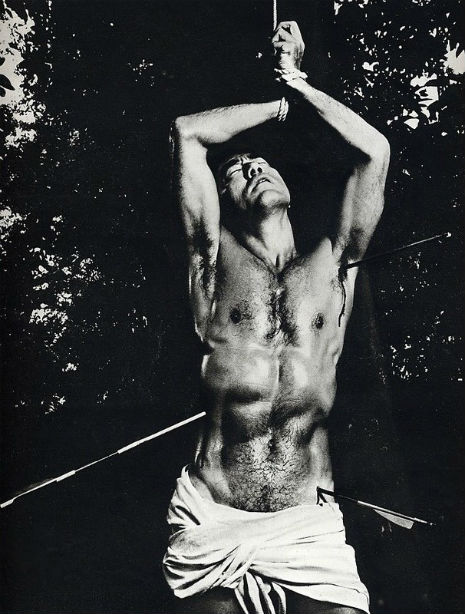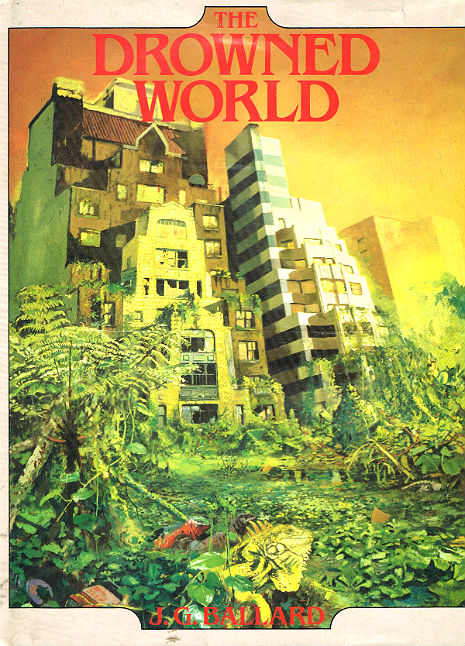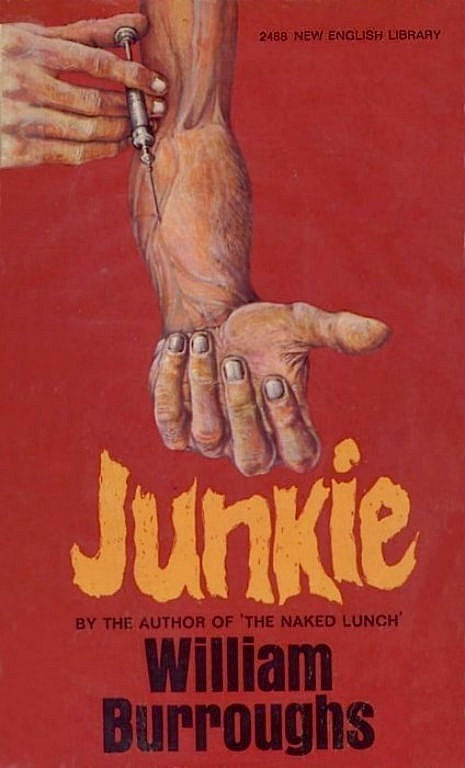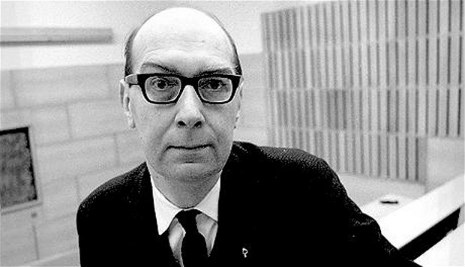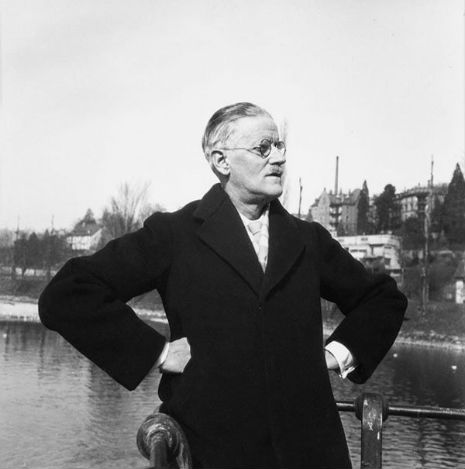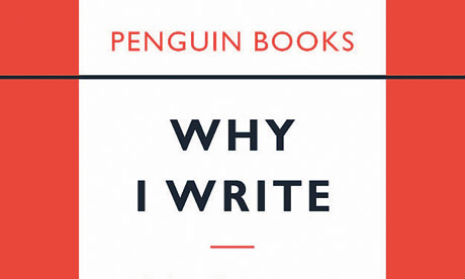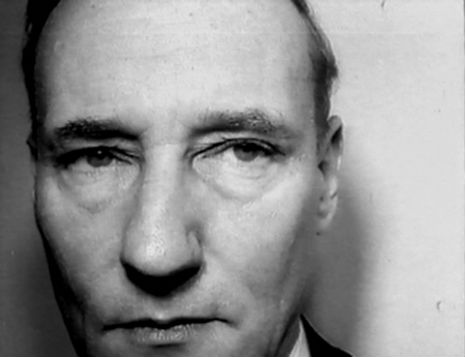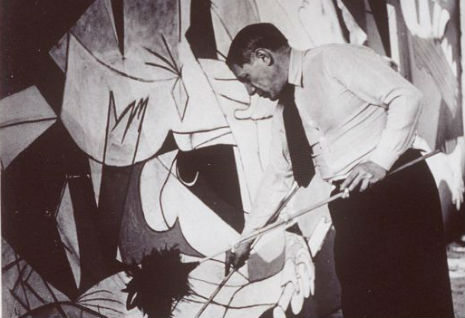
Pablo Picasso made his own statement about the tragedy of the Spanish Civil War in his ‘Guernica’ mural
In 1937, the unabashedly partisan Left Review canvassed a number of writers on their stance on the Spanish Civil War. I find the resulting document pretty fascinating, bringing together, in bite-size form, an embarrassment of literary riches from both sides of the divide.
For literary color, you can’t beat Samuel Beckett’s inspired offering, nor the “neutral” Ezra Pound’s elevated hauteur (which he was, of course, on the verge of throwing to the dogs via his infamous support for the Axis powers during WWII). The vast majority canvassed were pro-Republican, though I left a few out, concentrating on the more renowned and/or eloquent. (Neutrals and pro-Franco writers included in full.)
‘THE QUESTION’
To the Writers and Poets of England, Scotland, Ireland and Wales
This is the question we are asking you:
Are you for, or against, the legal Government and the People of Republican Spain?
Are you for, or against, Franco and Fascism?
For it is impossible any longer to take no side.
Writers and Poets, we wish to print your answers. We wish the world to know what you, writers and poets, who are amongst the most sensitive instruments of a nation, feel.
W.H. Auden
“I support the Valencia Government in Spain because its defeat by the forces of International Fascism would be a major disaster for Europe. It would make a European war more probable; and the spread of Fascist Ideology and practice to countries as yet comparatively free from them, which would inevitably follow upon a Fascist victory in Spain, would create an atmosphere in which the creative artist and all who care for justice, liberty and culture would find it impossible to work or even exist.”
Samuel Beckett
“¡UPTHEREPUBLIC!”
[Oddly, sometime in 2002 I once saw “¡UP AL QUIDA!” [sic] written on a Dublin bench.]
Ford Maddox Ford
“I am unhesitatingly for the existing Spanish Government and against Franco’s attempt—on every ground of feeling and reason. In addition, as the merest commonsense, the Government of the Spanish, as of any other nation, should be settled and defined by the inhabitants of that nation. Mr Franco wishes to establish a government resting on the arms of Moors, Germans, Italians. Its success must be contrary to world conscience.”
Aldous Huxley
“My sympathies are, of course, with the Government side, especially the Anarchists; for Anarchism seems to me much more likely to lead to desirable social change than highly centralised, dictatorial Communism. As for ‘taking sides’—the choice, it seems to me, is no longer between two users of violence, two systems of dictatorship. Violence and dictatorship cannot produce peace and liberty; they can only produce the results of violence and dictatorship, results with which history has made us only too sickeningly familiar.
“The choice now is between militarism and pacifism. To me, the necessity of pacifism seems absolutely clear.”
VS Pritchett
“I am heart and soul for the people of Spain in their brave and stoical resistance to Franco and Fascism. The lessons of Spain for the rest of western Europe, even before this struggle, lay in the innate simplicity and nobility of the uncorrupted common people. They have now burned this lesson upon the imagination of us all.”
Stephen Spender
“I am opposed to Franco firstly because Franco and his supporters represent the attempt of the aristocracy and clergy in Span to prevent the history of Spain developing beyond the Middle Ages. In opposing their reaction, so far from being an extremist, I support the Protestantism of the intellectuals like the great Catholic writer Bergamin against the materialism of the Catholic Church in Spain; and I support in Spain exactly such a movement of liberal and liberating nationalism as the English liberals supported in many countries still groaning under the feudalism in the nineteenth century.
“Secondly, I am opposed to Franco, because, supported by Hitler and Mussolini, he represents international Fascism. If Franco wins in Spain Fascism will have the third great victory in an international war which began in Manchuria, continued in Abyssinia, and may end in Spain. If Franco wins, the principle of democracy will have received a severe blow and the prospect of a new imperialist war, which is also a ‘war of ideologies’ will have been brought far nearer.”
Neutral?
T.S. Eliot
“While I am naturally sympathetic, I still feel convinced that it is best that at least a few men of letters should remain isolated, and take no part in these collective activities.”
Ezra Pound
“Questionnaire an escape mechanism for young fools who are too cowardly to think; too lazy to investigate the nature of money, its mode of issue, the control of such issue by the Banque de France and the stank of England. You are all had. Spain is an emotional luxury to a gang of sap-headed dilettantes.”
H.G. Wells
“I am not an ‘anti’ of any sort unless it is anti-gangster or anti-nationalist. My sympathies were all with the new liberal republic in Madrid. It has been destroyed between the Anarchist-Syndicalists on the one hand and the Franco pronunciamento on the other. The intervention of Italy and Germany is on traditional nationalist lines; it was to be expected and it has been greatly facilitated by the stupid confusion in the British mind and will.
“The real enemy of mankind is not the Fascist but the Ignorant Fool.”
Against the Government
Edmund Blunden
“I know too little about affairs in Spain to make a confident answer. To my mind (subject to that first reservation), it was necessary that somebody like Franco should arise—and although England might not may not benefit by his victory I think Spain will. The ideas of Germany, Italy, etc., in your document do not square with those I have formed upon the whole of the recent history of those countries. Memories of 1914-18 perhaps do not allow me to see some incidents you mention in the isolated and flamboyant way the manifesto has them.”
Evelyn Waugh
“I know Spain only as a tourist and a reader of the newspapers. I am no more impressed by the ‘legality’ of the Valencia Government than are English Communists by the legality of the Crown, Lords and Commons. I believe it was a bad government, rapidly deteriorating. If I were a Spaniard I should be fighting for General Franco. As an Englishmen I am not in the predicament of choosing between the two evils. I am not a Fascist nor shall I become one unless it were the only alternative to Marxism. It is mischievous to suggest that such a choice is imminent.”







